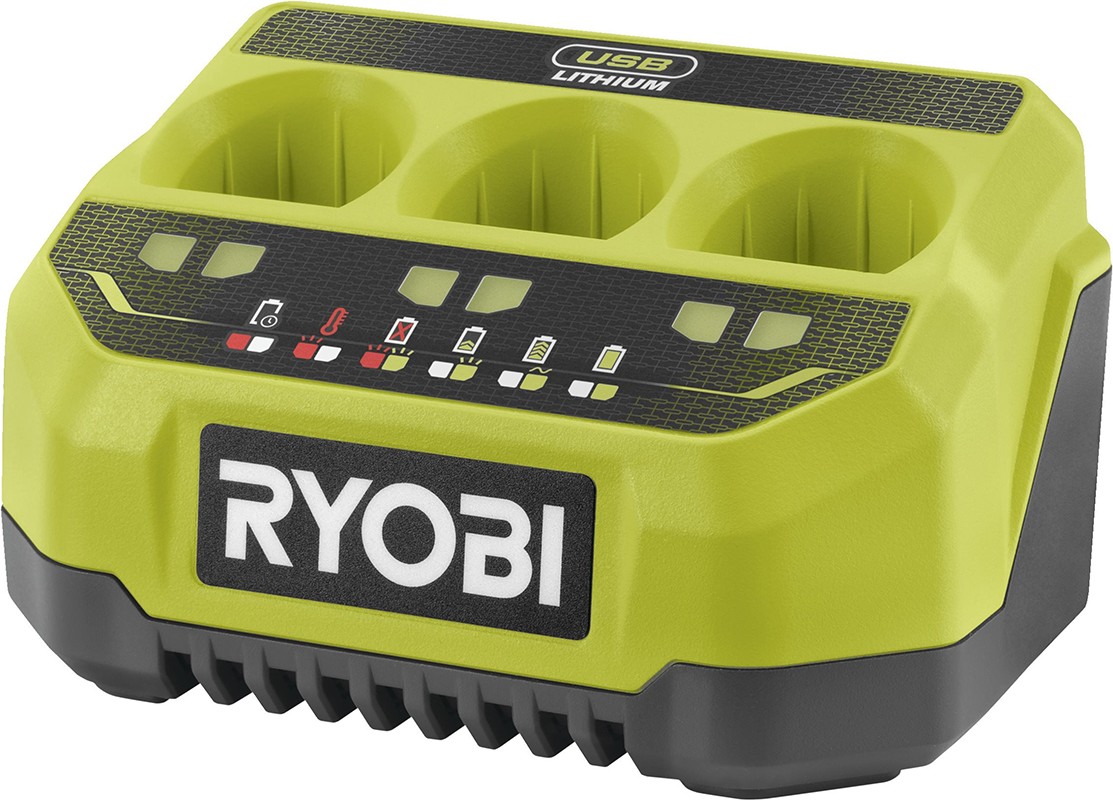Make sure the battery is compatible with your tool brand and battery system. Check the voltage (V), capacity (Ah), and whether it’s an original or third-party model. Most modern batteries are Li-ion.
Batteries
Ryobi RB4L30

The Ryobi RB4L30 4V USB3.0 Ah is a compact and portable battery providing stable power to small tools and USB-charged devices. Ideal for users needing a flexible, convenient, and reliable power source.
7.8
Capacity
5/10
Quality
9/10
Compatibility
9/10
Value for money
8/10
Total rating: 7.8/10
| Brand | Ryobi |
| Battery system | Ryobi 4V USB Lithium |
| Product title | RB4L30 |
| Voltage | 4V |
| Capacity | 3.0 Ah |
| Battery type | Li-ion |
| Weight | 60 g |
| Compatible chargers | 1 |
| Product page | Link |
Compatible chargers
Similar batteries
Compatible chargers
Similar batteries
FAQ
A quality battery typically lasts 3–5 years with normal use, or up to 1,000 charge cycles. Lifespan depends on how often it’s charged, how it’s stored, and the temperatures it’s exposed to. Well-maintained batteries last longer and perform better over time.
Higher voltage (e.g., 18V or 40V) provides more power, while higher capacity (Ah) extends runtime. Heavy-duty tools require both higher voltage and capacity for best performance.
Charge batteries regularly and avoid full discharges. Store in a cool, dry place and clean the contacts as needed. Always use compatible chargers.
Yes, especially if you work for extended periods or use demanding tools. Extra batteries give you flexibility and reduce downtime. Higher-capacity batteries can also be more cost-effective over time.


